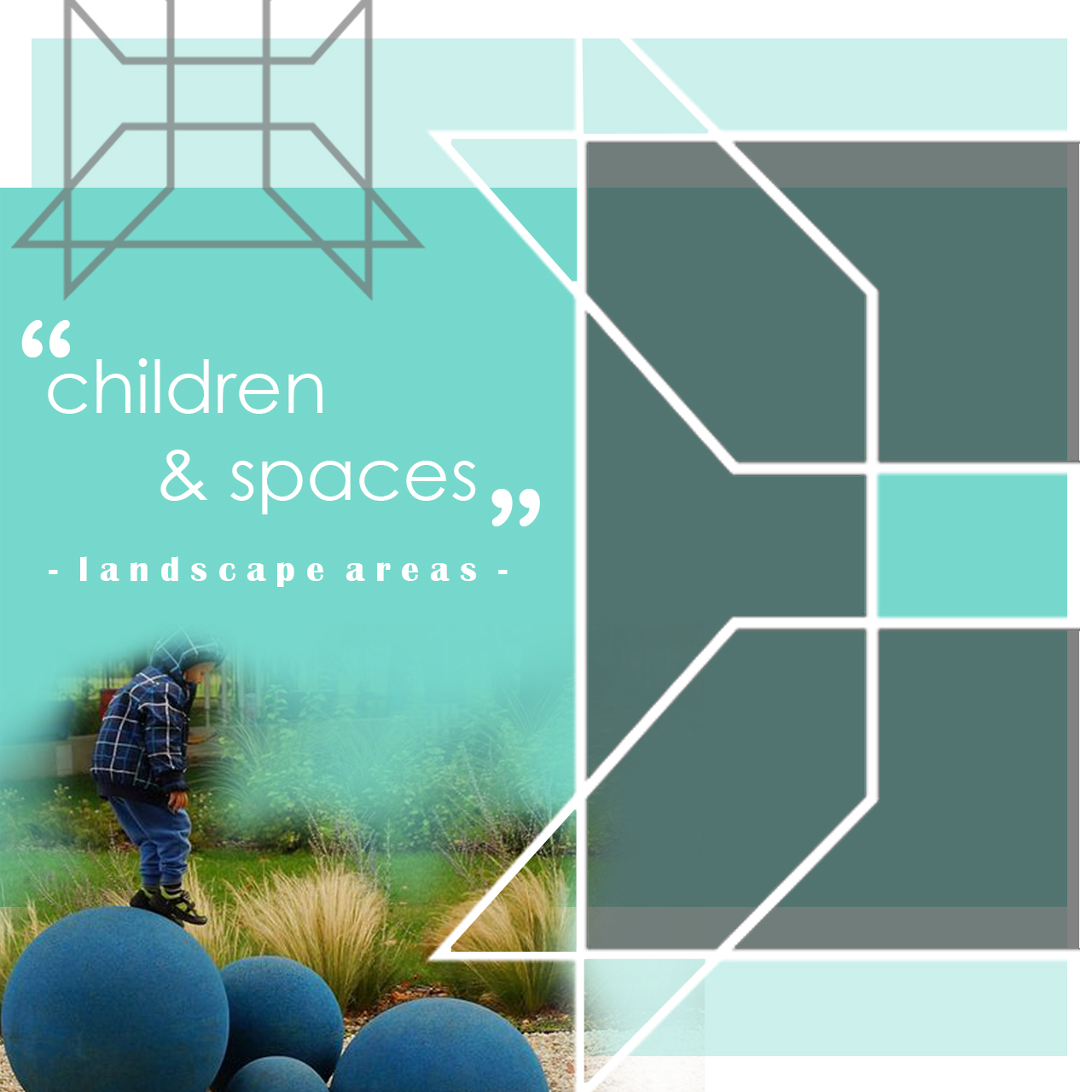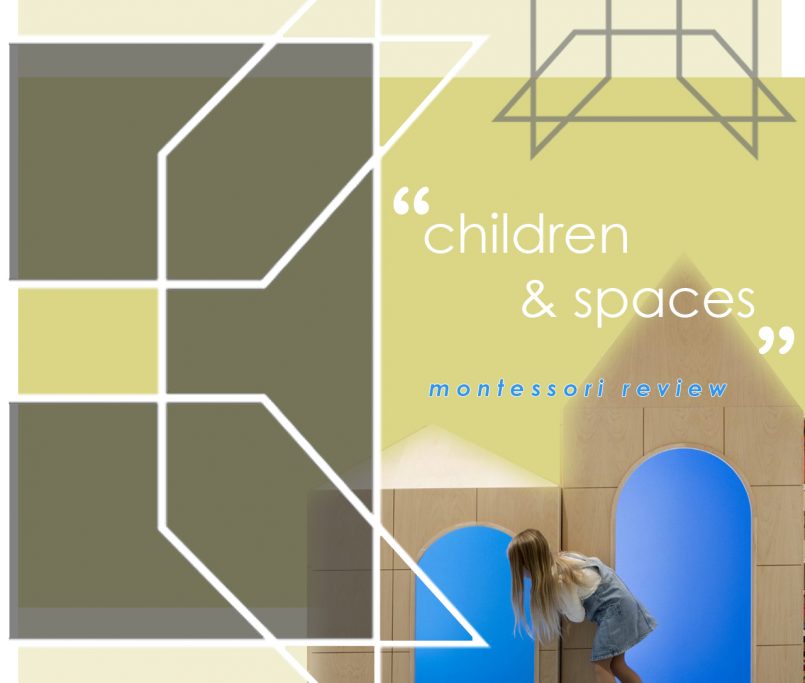Children Spaces-Landscape Areas
Playgrounds support the development of children’s cognitive, physical, social, and emotional skills. They are also fundamental spaces where children can enjoy themselves and appreciate nature, and express themselves naturally.
Playgrounds that are both designed and adapted to nature within the city contribute to the development of children’s coordination and thinking skills.
Play is a spontaneous activity that children engage in to have fun and explore. At the same time, play activity, which is a fundamental step in learning, enhances children’s perception and interpretation skills. Therefore, playgrounds designed within the city have a profound impact on children’s ways of using and exploring the city.
Playgrounds, which are fundamental spaces where children can learn various concepts, trigger their curiosity. Therefore, when these spaces that stimulate children’s creative instincts are designed in conjunction with landscape areas, they increase interaction with the environment.
Children’s perception of the environment is shaped in nature, and their empathy skills increase. They explore elements such as trees, shrubs, animals, wind, color, light, and water. By perceiving everything they touch, they achieve a visually permanent and sustainable learning process.




